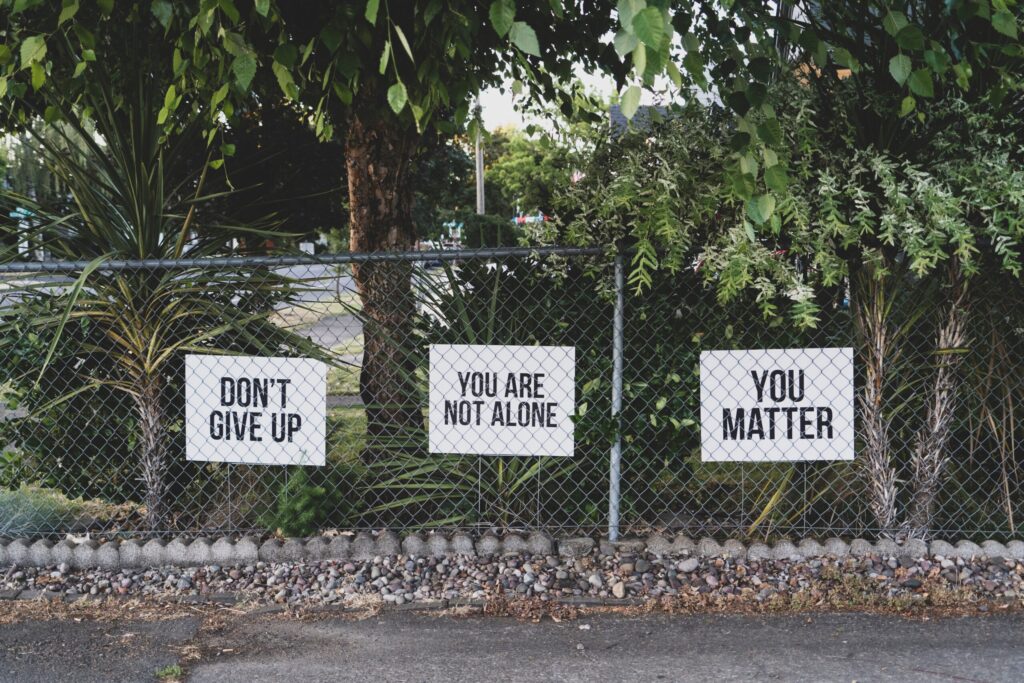Introduction
It is no secret that our diet plays a crucial role in maintaining our physical health. However, the impact of nutrition on mental well-being is often overlooked. Research has shown that certain dietary patterns can significantly influence our mental health, affecting our mood, cognitive function, and overall emotional well-being. Here, we will explore the best diet to improve your mental health and provide practical tips for incorporating these dietary changes into your lifestyle.
The Gut-Brain Connection
Before diving into specific diets, it is essential to understand the intricate relationship between our gut and brain. The gut-brain connection, also known as the microbiota-gut-brain axis, refers to the bidirectional communication between our gut and brain. The trillions of bacteria residing in our gut, collectively known as the gut microbiota, produce neurotransmitters and other molecules that influence brain function and mental health.
The Mediterranean Diet
The Mediterranean diet, inspired by the traditional eating habits of countries bordering the Mediterranean Sea, has gained recognition for its numerous health benefits, including promoting mental well-being. This diet emphasizes whole, unprocessed foods such as fruits, vegetables, whole grains, legumes, nuts, and seeds. It also encourages the consumption of healthy fats, primarily from olive oil and fatty fish rich in omega-3 fatty acids.
Studies have shown that following a Mediterranean-style diet is associated with a reduced risk of depression and anxiety. The high intake of antioxidants, vitamins, and minerals in this diet may help protect against oxidative stress and inflammation, which are linked to mental health disorders.
The DASH Diet
The Dietary Approaches to Stop Hypertension (DASH) diet was initially developed to lower blood pressure. However, research suggests that this eating plan may also have positive effects on mental health. The DASH diet emphasises fruits, vegetables, whole grains, lean proteins, and low-fat dairy products while limiting sodium, added sugars, and saturated fats.
Following the DASH diet has been associated with a reduced risk of depression and improved cognitive function. The high intake of nutrients, such as B vitamins, magnesium, and omega-3 fatty acids, may contribute to these mental health benefits.
The Whole Foods Plant-Based Diet
A whole foods plant-based diet focuses on consuming minimally processed plant foods, including fruits, vegetables, whole grains, legumes, nuts, and seeds. This diet excludes or minimises the consumption of animal products and highly processed foods.
Research suggests that a plant-based diet rich in fruits and vegetables is associated with a lower risk of depression and anxiety. The high fibre content in plant-based foods supports a healthy gut microbiota, which in turn positively affects mental health.
The Importance of Nutrient-Dense Foods
Regardless of the specific diet you choose, prioritising nutrient-dense foods is crucial for improving mental health. Nutrient-dense foods are rich in vitamins, minerals, antioxidants, and phytochemicals that support brain function and protect against mental health disorders.
Incorporate a variety of colourful fruits and vegetables, whole grains, lean proteins, and healthy fats into your diet. These foods provide essential nutrients like folate, vitamin B12, vitamin D, omega-3 fatty acids, and magnesium, which are vital for optimal mental health.
Conclusion
While there is no one-size-fits-all diet for improving mental health, adopting a diet rich in whole, unprocessed foods, such as the Mediterranean, DASH, or whole foods plant-based diet, can have a positive impact on your well-being. Prioritise nutrient-dense foods and pay attention to the gut-brain connection. Remember, small changes in your diet can lead to significant improvements in your mental health over time.
Consulting with a healthcare professional or registered dietitian can provide personalised guidance and support in choosing the best diet for your specific needs and goals.
This post may contain affiliate links. As an Amazon Associate, we earn from qualifying purchases. See our Privacy Policy for details.




